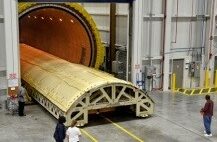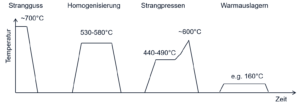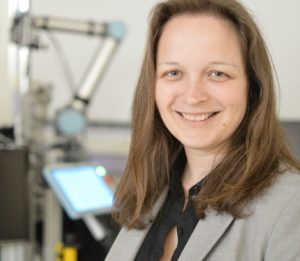For complex thermo-dynamical processes such as curing of composite parts, heat treatment, coating, the current standard approach is to use experiments supported by simulation to find a suitable “recipe” for the process. This recipe is then applied in series production and very often the process is run “blindly” because no suitable sensor systems exist. Therefore, a certain risk remains that the process does not run according to plan, e.g. due to variation in the raw material, or changes in environmental conditions. Some processes also require comparably high safety margins to account for the remaining uncertainty. This leads to inefficiencies of the process or to potential scrap, which – depending on the nature of the process – can be difficult to recycle.
Starting from examples of widely used production processes, such as the curing of carbon fiber composite parts, the thermal treatment of aluminum and the coating of decorative products, a generic “Zero Defect Manufacturing” concept for thermo-dynamical processes is developed. This concept includes the enhancement of raw sensor data with (data-driven) predictive models and physics-based simulations and the development of AI methods that model the relationship between process, product and quality data.
The project will demonstrate how data-driven modelling and physics-based simulation methods can be used to proceed from current “recipe-based” processes, to more flexible processes that take the actual state of the process and product into account.
The main results developed during project duration are:
- sensor systems for the particular use cases
- data-driven and physics-based simulation models to predict the actual state of the product
- AI methods that are able to model thermo-dynamical production processes.
PROFACTOR will lead the project in organizational and scientific content and will support the sensor development as well as the development of machine learning methods.
Project name:
Zero Defect Manufacturing for Thermo-dynamical Processes
Funding:
FTI-initiative Production of the future
Duration:
01.05.2021 – 30.04.2024






